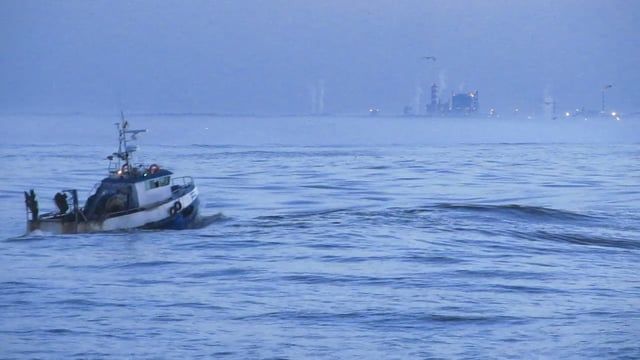Danish fisherman were given an early Christmas present yesterday when the EU approved higher fishing quotas for cod, langoustine, plaice and sole in the Kattegat, Skagerrak and North Sea.
The food and climate minister, Esben Lunde Larsen, said that negotiations had yet to be concluded, but as things stand the cod quotas in the North Sea will be increased by 16.5 percent and by 19.5 percent in the Skagerrak.
“The cod population in the Kattegat has grown dramatically, so we believe that there is a basis for increasing the cod quota,” said Larsen.
“Cod is caught as bycatch in Kattegat and it simply doesn’t make sense to throw them back into the sea instead of keeping them. So it’s very positive that we’ve managed to increase the quotas there.”
READ MORE: Illegal fishing threatening several species of fish in Randers Fjord
Empty nets for Baltic fleet
Larsen said that Denmark has managed to land the higher EU quotas by presenting sustainable, scientific and biological evidence to back up its claims.
The quota for langoustine will be upped by 46 percent in the North Sea, and by 16 percent in the Skagerrak and Kattegat.
However, the news wasn’t all that brilliant for the Baltic Sea fishing fleet, which didn’t net any quota increases.















